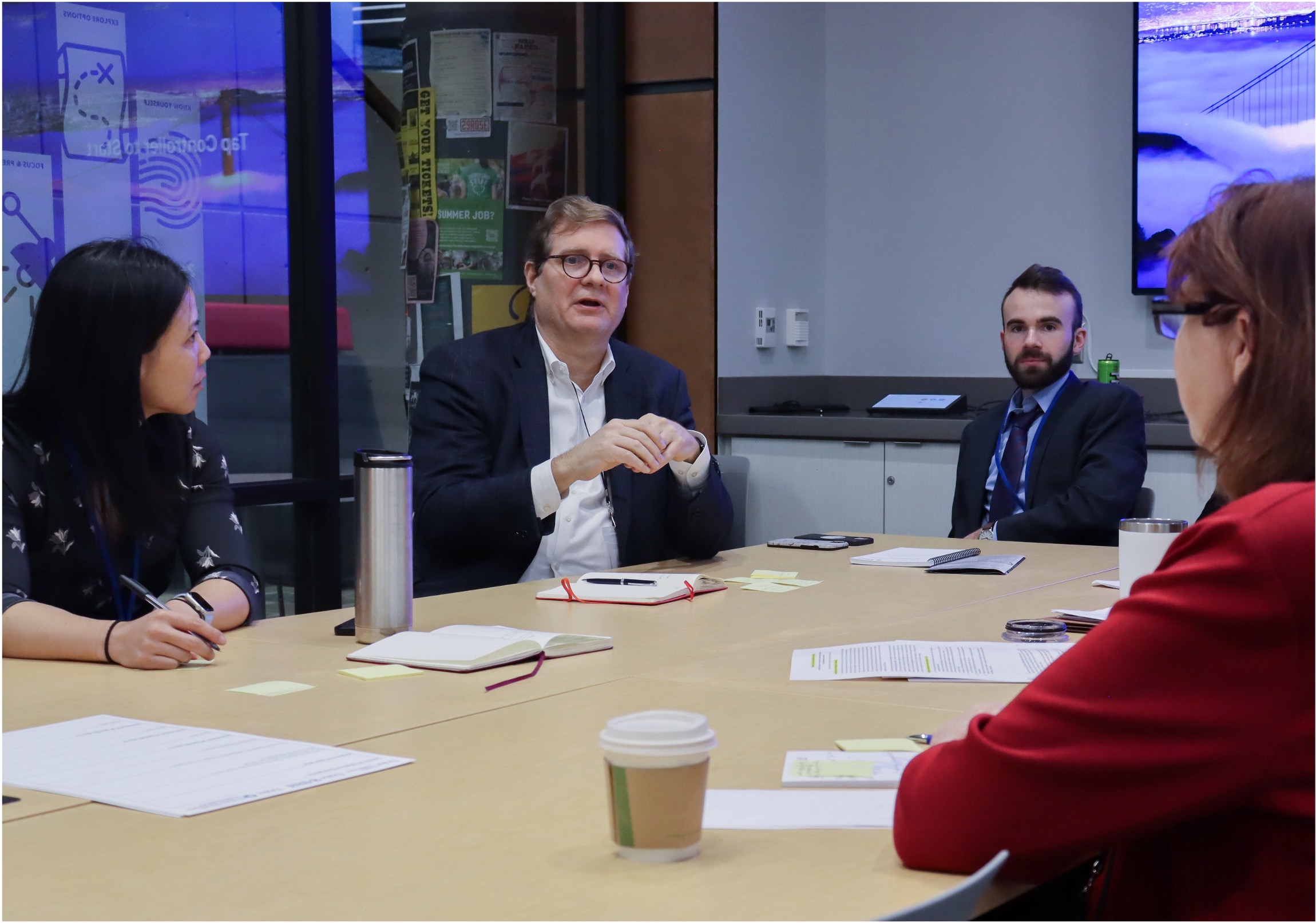
Center-Wide Workforce Development Plan
Training a climate risk–ready workforce is central to CIRCAD's mission. To meet this goal, CIRCAD will establish a robust, cross-site workforce development program that integrates the educational strengths, institutional programs, and strategic partnerships of both Duke University and the University of Georgia (UGA). This plan is designed not only to leverage existing resources but to create new, Center-specific opportunities that serve undergraduate and graduate students, postdocs, early-career and senior faculty, and working professionals. All components will be designed and evaluated with a focus on accessibility and cross-site engagement. CIRCAD’s workforce development program is built around four pillars:
Integrated Academic and Certificate Programming
CIRCAD will embed climate risk management content directly into a number of undergraduate and graduate curricula at both Sites. At Duke, CIRCAD projects and case studies will be incorporated into existing and new Master's and Ph.D. programs in Risk Engineering, Climate & Sustainability Engineering, Financial Technology, and Systems, Risk & Decisions. UGA will bring CIRCAD material into graduate programs and certificates in Risk Management and Insurance, Atmospheric Sciences, Civil and Environmental Engineering, and the interdisciplinary Integrative Conservation (ICON) doctoral program. A capstone course on climate resilience is in development at UGA, and both Sites will explore co-taught, cross-enrolled virtual courses in climate finance, decision modeling, or environmental risk analysis.
Both Duke and UGA have active undergraduate certificate and specialization programs relevant to CIRCAD’s themes. UGA’s Sustainability Certificate program emphasizes ecological, economic, and social sustainability through experiential team projects with industry and community partners. At Duke, programs such as Design Climate and Climate+ immerse undergraduate students in interdisciplinary, team-based projects using real-world data and client-driven design briefs. These models will be adapted for CIRCAD-specific challenges sourced from Member needs.
Immersive Research and Experiential Learning
Undergraduate, graduate, and postdoctoral trainees at both Sites will be embedded in CIRCAD research projects under the direct mentorship of faculty advisors. Through programs like the Center for Undergraduate Research Opportunities (CURO) (UGA) and Climate+ (Duke), undergraduates will gain hands-on research experience with CIRCAD datasets and industry-driven questions. Graduate students and postdocs will serve as research leads on technical projects and will participate in mentoring junior trainees, enhancing the academic pipeline.
CIRCAD will also expand experiential learning through limited-term employment (LTE) opportunities in collaboration with Member organizations. These placements—ranging from summer internships to co-op roles—will expose students to applied climate risk work, foster research-to-practice translation, and allow faculty to tailor course content and research to evolving industry needs. Both Duke and UGA already support high-quality internship pipelines through programs in Engineering, Risk Management, and Data Science. CIRCAD will coordinate with career services teams to formalize and expand these efforts, ensuring that students from both institutions benefit equally.
Joint Training and Outreach Activities
CIRCAD will create unique cross-institutional learning environments where students, faculty, and professionals interact in co-learning formats. Building on successful models like Duke’s Machine Learning Schools and UGA’s Executive Education programs, CIRCAD will co-develop and rotate short courses on topics such as probabilistic programming, systems science, artificial intelligence, and climate-informed financial modeling. These courses will enroll CIRCAD trainees and industry professionals side-by-side, encouraging real-time exchange of theoretical and applied knowledge. Course delivery will alternate between Sites and be offered online to support broad access.
CIRCAD will also host workshops, brown-bag sessions, and speaker series at both Sites, including interdisciplinary forums that bring together researchers from engineering, finance, environmental science, and public health. Trainees will be active participants in community-engaged research, outreach, and communications efforts—including survey work, stakeholder meetings, and public presentations—designed to build both technical and soft skills.
Strategic Career Advancement Partnerships
CIRCAD will establish career advancement mechanisms that extend beyond academia. Through partnerships with Industry Members, public agencies, and nonprofits, we will build a robust talent pipeline connecting CIRCAD trainees with full-time roles in climate risk analysis, infrastructure planning, insurance, and public policy. Duke’s University Center of Exemplary Mentoring (UCEM) and UGA’s Terry College of Business career initiatives will serve as templates for new recruitment and retention programs focused on underrepresented and first-generation students. We also plan to connect with initiatives such as IRIS (Institute for Resilient Infrastructure Systems) and the Georgia Initiative for Climate and Society.


